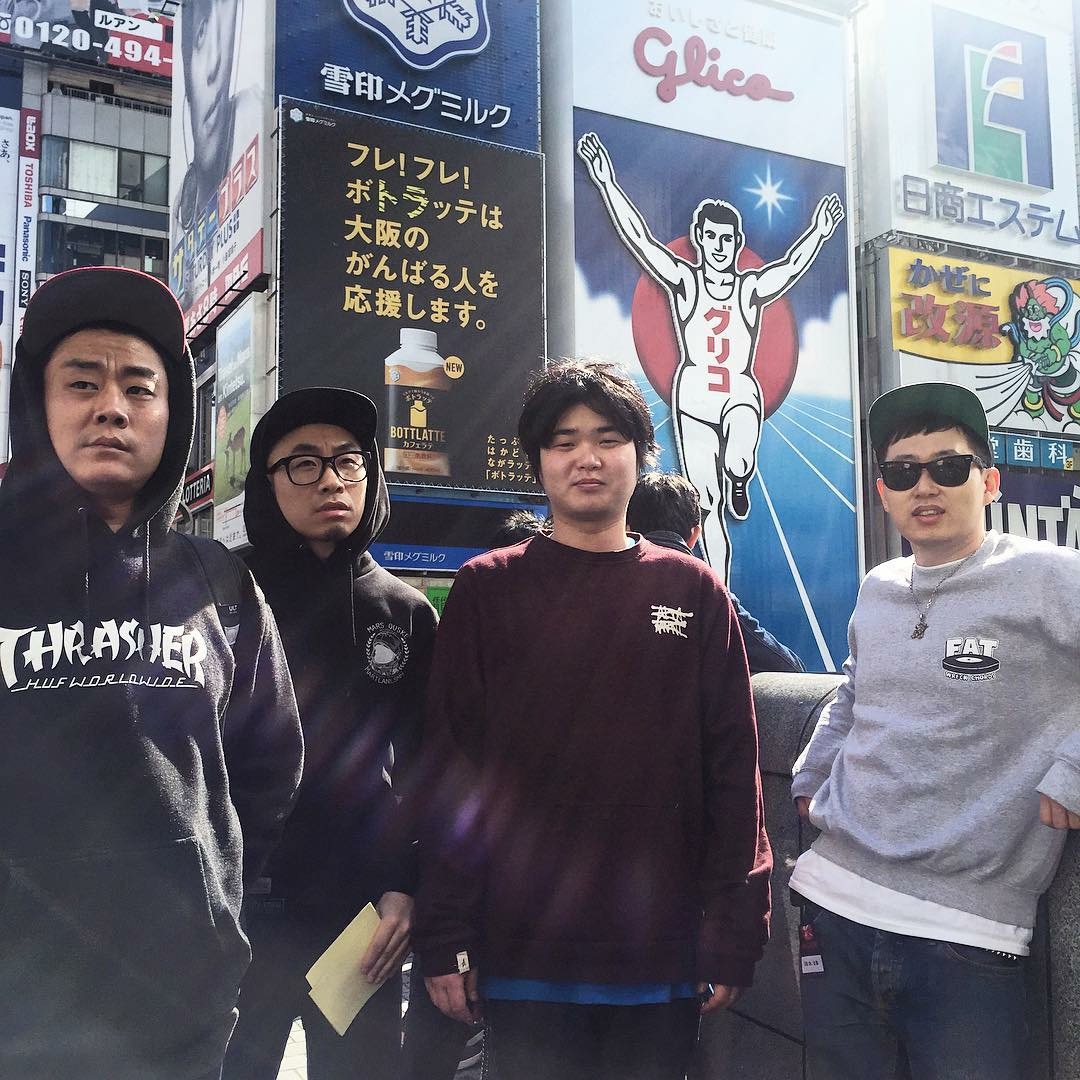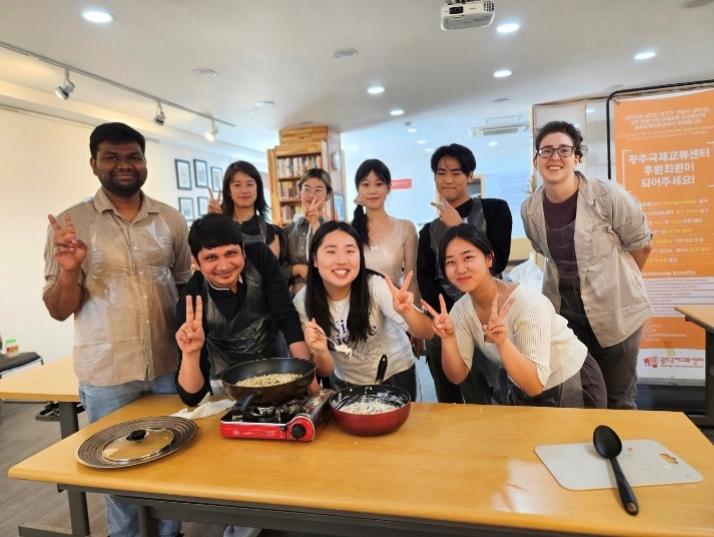Worked to Death: The Dangers to Health from Overwork
Many native English speakers are surprised at the work ethic of their Korean counterparts. While the 40-hour work week is the standard for many industries in the West, long working hours are much more common in South Korea, whose citizens work the longest hours in the OECD. Unfortunately, this culture of overwork has serious detrimental effects on health. In Japan, excessive overtime in high-pressure workplaces is so common that karōshi — “death from overwork” — is a recognized medical phenomenon that is gaining increasing recognition as a public health crisis.
Overwork has been demonstrated to have measurable impacts on physical health. Fatigue, exhaustion and sleepiness increase the risk of injury by making people clumsier and less attentive to their surroundings. It has also been linked to heart disease. Two studies published in 2010 — one on nurses in Denmark, and one using data from an ongoing study of British civil servants — found that people who worked longer hours had a higher risk for having a heart attack, developing heart disease, or having chest pains. (Both controlled for blood pressure, cholesterol levels, diet, exercise, and smoking.)
Mental effects are equally serious. Higher levels of stress, which are well-documented in those who work long hours, have been shown to raise blood cholesterol levels and, according to ongoing research at UC San Francisco, accelerate aging by damaging the body’s ability to repair DNA. Overwork has also been linked to stroke as demonstrated by a study published last year in the Journal of Occupational Health, which found an association between stroke and longer working hours among Korean adults. Stress from overwork often leads to unhealthy eating and drinking habits, which can affect health as well.
While most English teachers do not work the excessively long hours that Korean corporate culture is notorious for, many are pressured into working hours not accounted for in their contracts. Think carefully about signing a contract that mandates unusual amounts of overtime, and stand up for yourself (and seek legal help if necessary) if your institution tries to pressure you into doing extra work not specified in your contract. It is also common for hagwon teachers to agree to work overtime for “intensives,” or month-long stretches of 12- to 15-hour days teaching extra classes offered by hagwons during public school holidays. While you might be eager to sink that extra cash into student loans or your next excursion to Bali, think hard about the long-term costs to your health. Perhaps that beach bungalow can wait a few months more.
Jessica Keralis has a Master of Public Health and four years of experience in the field of public health. She is currently working as an epidemiologist. All views expressed here are her own and not those of any employer.




